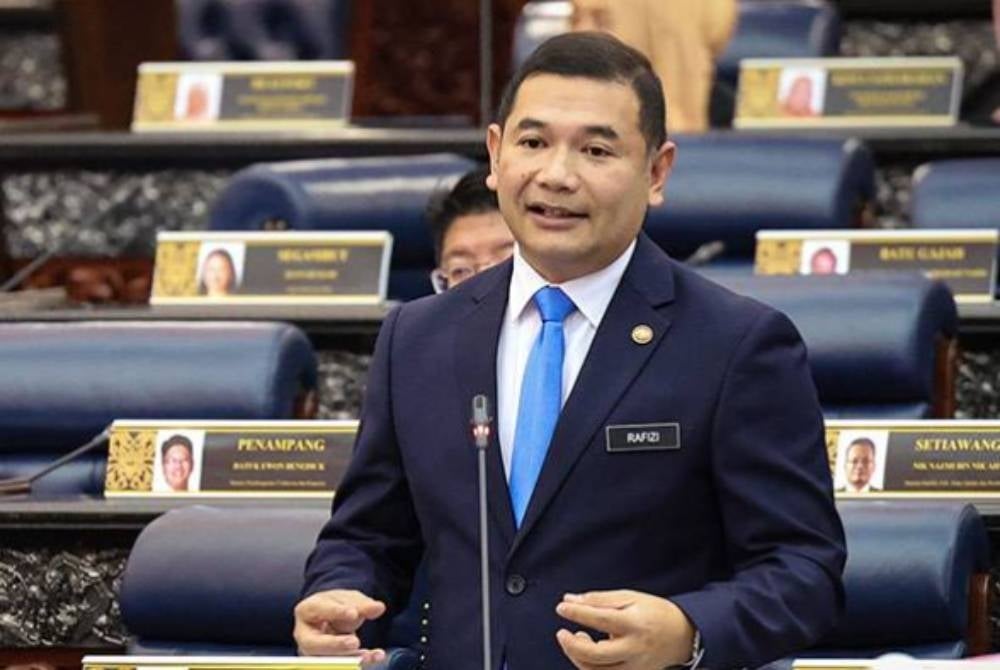Government aims to increase FDI realisation rate - Rafizi

KUALA LUMPUR - The government is aiming to increase the realisation rate of foreign direct investments (FDIs) of RM200 billion recorded in the last three years, which currently stands at 30 per cent.
Economy Minister Rafizi Ramli said the measures taken to increase the realisation rate include addressing skills mismatch to boost employment.
"In the past few years, the real issue in the economy is not so much of not getting investments. It is about bridging the gap of what the investments need in terms of workforce and talent with what we can provide,” he said.
Rafizi said this after the signing of a memorandum of understanding (MoU) between Malaysia Petroleum Resources Corporation (MPRC) and the French research and training institute, IFP Energies Nouvelles (IFPEN), here today.
Rafizi noted that Malaysia has been stuck in the middle-income trap and could not graduate into higher-value income activities due to major reliance on the manufacturing sector that utilised a lot of manual labour.
"In the economy now, there is a mismatch. People talk about not having jobs and having to do low-paying jobs, but when you look at the list of jobs advertised, and you talk to the industry, they will talk about talent shortage.
"Through these kinds of programmes and MoU, we hope to be able to bridge that gap in terms of skills mismatch so that those who are not trained with specific expertise in green technology and high-value skills can be quickly upgraded, pivot and take up these jobs,” he added.
Meanwhile, MPRC president and chief executive officer Mohd Yazid Ja’afar said the agency and IFPEN will seek opportunities to work together to support the implementation of the National OGSE Industry Blueprint 2021-2030 (OGSE Blueprint) as well as contribute to the achievement of the national sustainability goals.
OGSE refers to the oil and gas services and equipment sector.
"With this agreement that MPRC is signing with IFPEN, we expect to elevate the outcomes of the OGSE Blueprint by discovering new opportunities for Malaysian OGSE companies to harness and enhance their long-term growth potential,” he added.
Asked about targeted subsidies, Rafizi said the government was not in a rush to implement targeted subsidies and is looking to balance some competing concerns, such as inclusivity and to make sure not to push up inflation.
He noted that good infrastructure is needed to help allay the concerns, including establishing a national database infrastructure.
"In the past, assistance was mapped against data from the Inland Revenue Board and is usually income based. It did not take into account, for example, the size of the household because you may earn a certain amount, but if you are single, your disposable income is higher than someone who earns slightly higher but has five in the household,” he said.
Rafizi added that the government is in the process of accumulating data for the database and is on the right track.
"The federal government has many assistance programmes, but state governments also have that. What you want to avoid is someone getting monthly payments, for example, but they also receive so many other things.
"What we are focusing on now is to get all this infrastructure in place because once we have this infrastructure, the how and the when is a lot easier to decide,” he said. - BERNAMA














